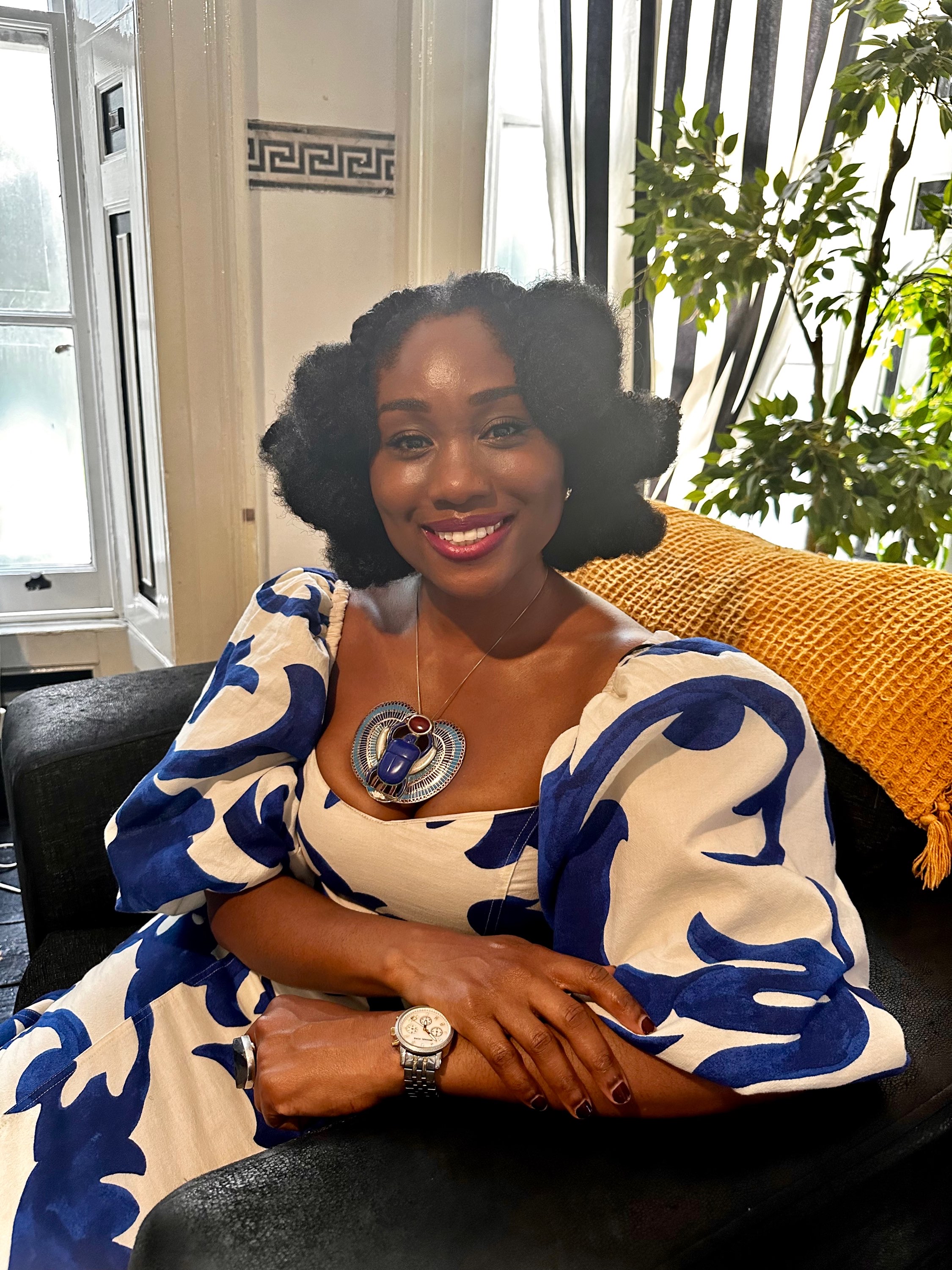Why Didn’t They Say Something?
- Novena-Chanel Davies, The Equilibrium Coach™
- Mar 24, 2025
- 3 min read
Understanding the Pain of Witnessed Injustice
As a therapist, coach, and supervisor, I’ve sat with many clients as they shared a quiet, persistent grief. It’s not always about the harm that was done, but about the people who watched it happen and said nothing.
“Why didn’t they say anything?”
“Why didn’t they stand up for me?”
This question echoes through so many therapy rooms, it’s often the most difficult to answer.
The Silent Hurt of Being Witnessed
There’s a specific kind of wound that comes from being harmed while others watch in silence.
Whether the injustice happens in childhood, in a family setting, within a romantic relationship, or a workplace. It’s a pain birthed from being seen and unprotected; a pain that can shake the very foundations of trust, safety, and self-worth.
It teaches the nervous system:
“You’re on your own.”
“Don’t expect others to defend you.”
“Stay quiet… it’s safer.”
This is why so many people internalise harm as shame. Not just “I was hurt”, but “I must not be worth defending.”
The Bystander Effect in Real Life
We often think of the bystander effect as something that happens in crowds, when people fail to intervene in public emergencies. But in therapy, I’ve seen it unfold in far more personal spaces:
• The sibling who stood by as emotional abuse happened.
• The colleague who turned away from bullying.
• The parent who minimised a harmful relationship dynamic.
• The friend who stayed silent during microaggressions or exclusion.
In these moments, inaction becomes complicity, and the person on the receiving end is left to carry not just the wound, but the silence surrounding it.
The Emotional Impact of Being Unprotected
Research shows that the absence of support during or after a traumatic event often worsens long-term emotional outcomes.
Studies on secondary wounding, when someone’s pain is ignored, minimised or disbelieved, highlight the increased risk of:
• Anxiety
• Shame-based narratives
• Complex PTSD
• Chronic self-blame
In my practice, I’ve seen how this shows up somatically:
A hunched posture.
Shallow breathing.
A hesitancy to speak with conviction.
The body learns to shrink in anticipation of being ignored again.
As Practitioners, What Can We Do?
Whether we are therapists, coaches, or supervisors, we have a responsibility not to replicate this silence.
We can:
• Name what happened when clients can’t yet find the words.
• Validate the pain of being watched and unsupported.
• Model what it means to stand with someone, gently, but powerfully.
• Hold space for grief over the silence of others.
And most of all, we can remind people that it was never their fault.
From Witness to Warrior: Turning Pain Into Power
Part of the work I do as a Counsellor and Coach is helping clients reclaim their voice after years of being silenced. Silenced by systems, families, workplaces, or inner narratives.
Together, we work to:
• Heal from emotional injustice
• Create healthy boundaries
• Practise relational courage
• And begin trusting again, slowly, safely, and intentionally
This is the deep, quiet work of transformation.
Not everyone will be able to say: “That wasn’t okay.”
But through therapy, coaching, and reflection, you can learn to say it to yourself.
You can choose to become someone who stands—
For yourself.
For your inner child.
And, eventually, for others too.
If this resonates with you, I invite you to reach out. Whether you are looking for therapy, coaching, or professional supervision, or group workshops, this space is here for you.
You are not alone and your pain was never meant to be ignored.
If you’d like to view the short film that inspired this post:
Disclaimer:
Original video produced by Fearless Soul. Shared for educational and reflective purposes only. No copyright infringement intended.
Ready to begin your healing journey?
Book a free 15-minute assessment and let’s discuss your needs for 1:1 support, group workshops, or supervision tailored to your needs.






Comments